Physicians Honored at Annual Clinical Faculty Preceptor Appreciation Dinner
October 10, 2025
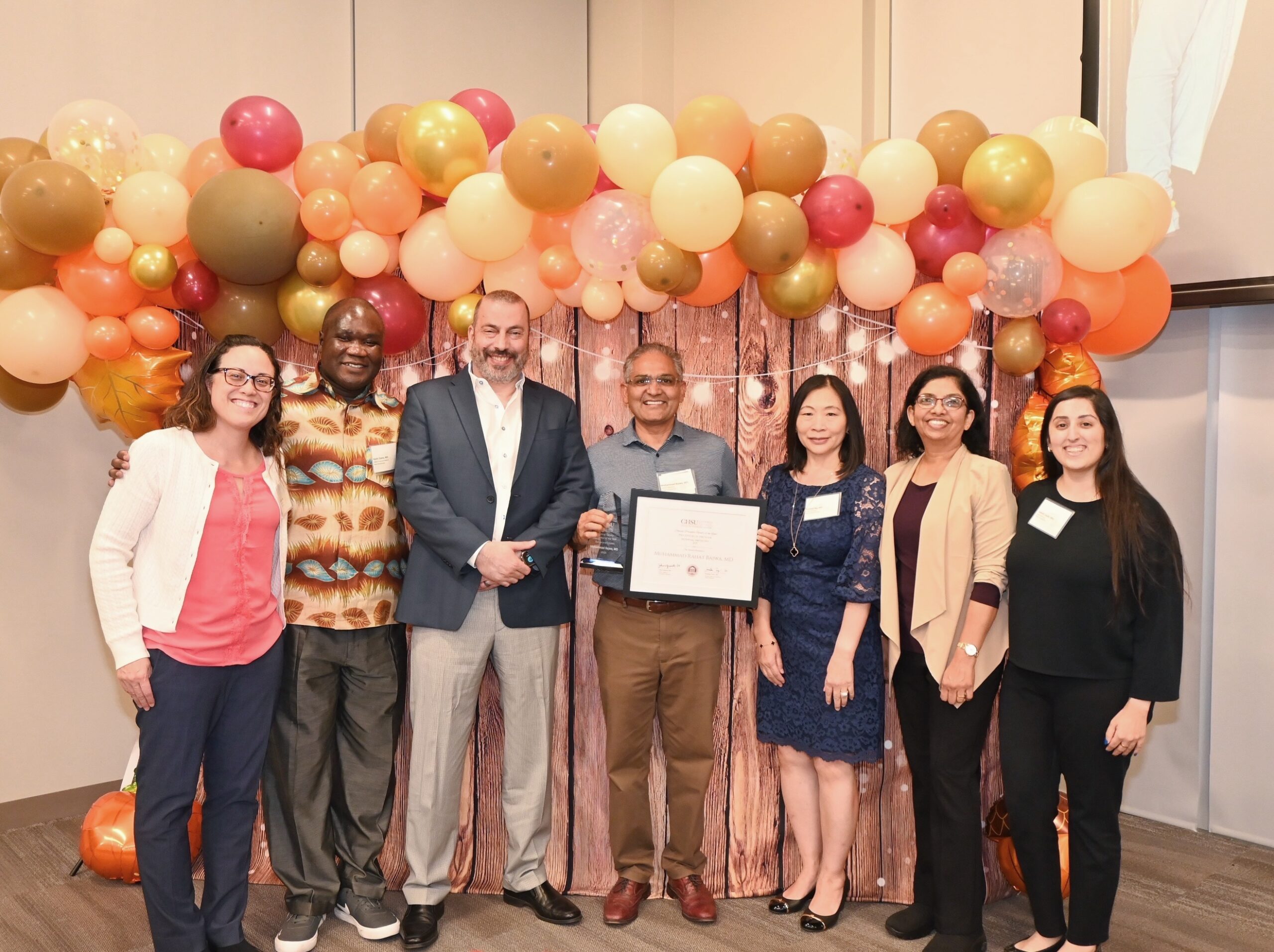
The California Health Sciences University College of Osteopathic Medicine (CHSU-COM) Community Clinical Education Department hosted its annual Clinical Faculty Preceptor Appreciation Dinner at the CHSU campus.
The event was held to honor physicians from within the community who serve as clinical faculty preceptors. These dedicated educators help shape the next generation of physicians by providing clinical training to CHSU-COM third- and fourth-year medical students. The awards are voted on by medical students who have completed clerkships at various hospitals, clinics, and private offices in the Central Valley and throughout California.
“We sincerely appreciate our Clinical Faculty Preceptors for their important contributions to educating and developing of our medical students. Their dedication, expertise, and willingness to share knowledge have a profound impact on their learning experiences,” John Graneto, DO, Dean of the CHSU College of Osteopathic Medicine.
Through the dedication of CHSU faculty and the clinical faculty preceptors, 100% of both the CHSU-COM classes of 2024 and 2025 matched to a residency program.
2025 Clinical Faculty Preceptor Award Recipients at CHSU-COM
Preceptor of the Year Surgery: Raphael Klug, DO, Kaiser Permanente, Sacramento
Preceptor of the Year Family Medicine: Omar Sandoval, MD, United Health Centers
Preceptor of the Year Pediatrics: Jesse Alifano, DO
Preceptor of the Year Behavioral Health: Sukhjit Brar, MD, Central Star Youth Psychiatric Health Facility
Preceptor of the Year Internal Medicine: Muhammad Rahat Bajwa, MD, Kaiser Permanente, Fresno
Most Fun Preceptor and Rotation: Tha Cha, MD, San Joaquin Valley Rehabilitation
Outstanding Rotation Experience: Mark Krel, DO
Best Support Staff: Rao Dermatology
Making a Difference in the Central Valley: Rupa Thacker, MD

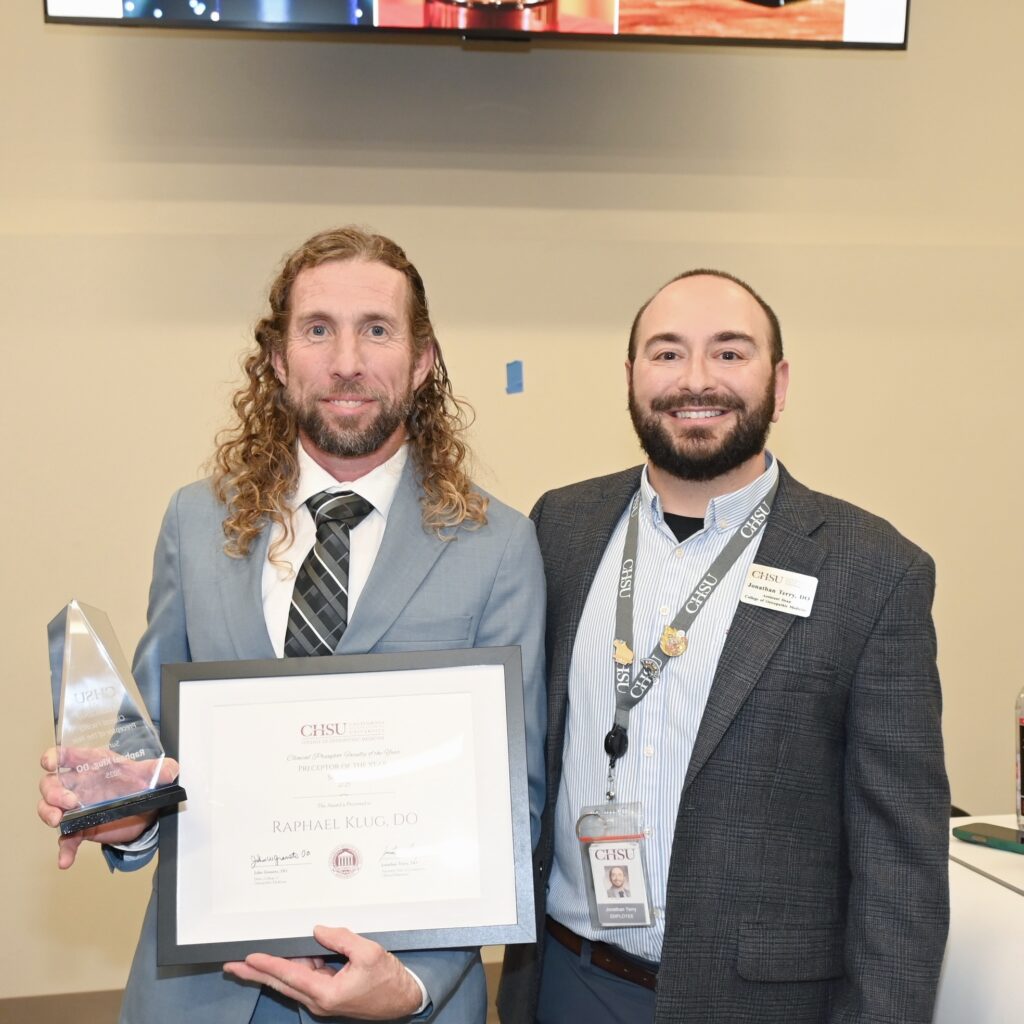
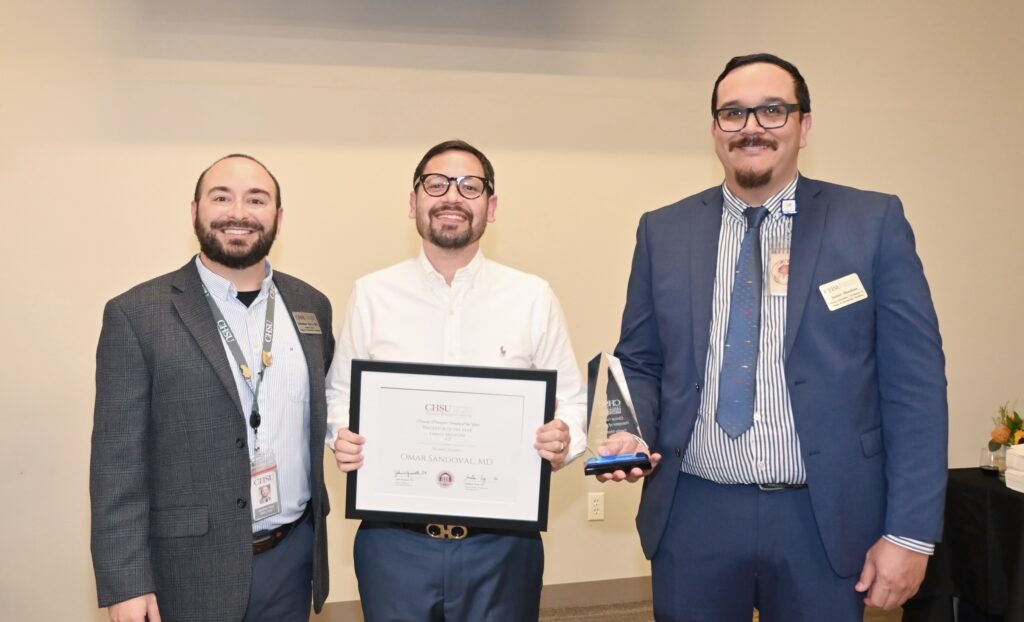
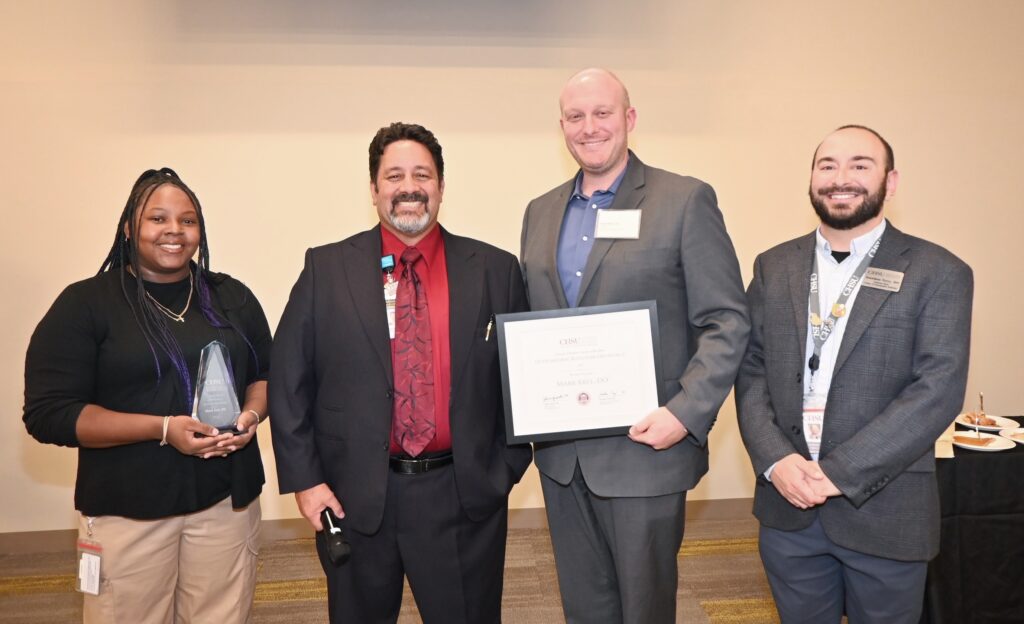
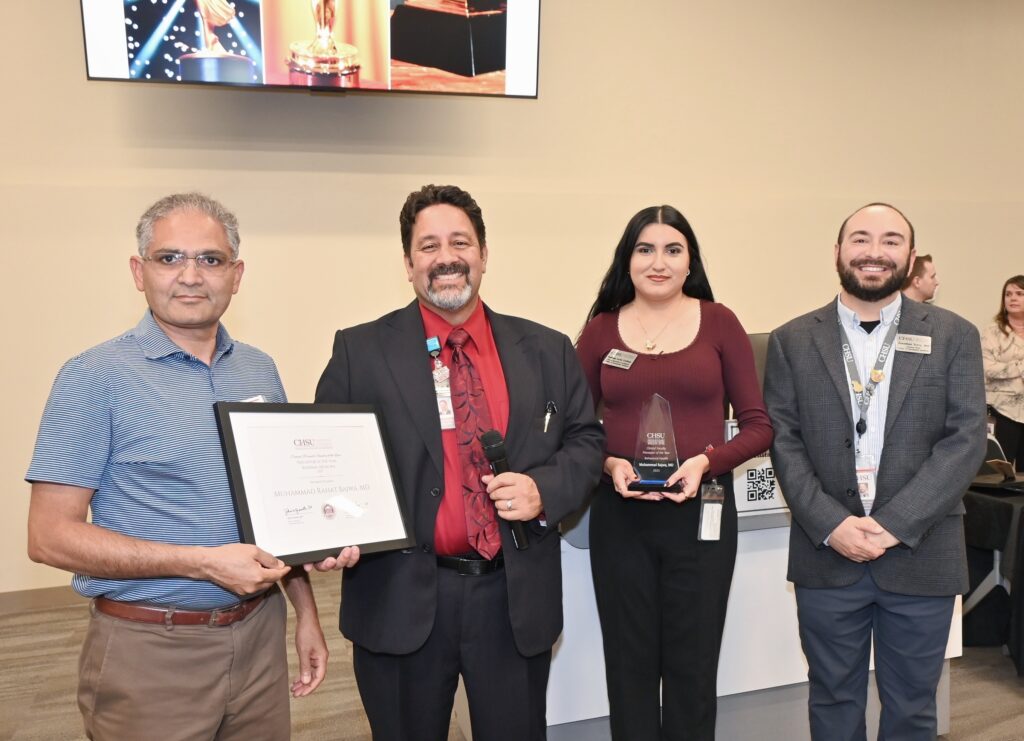
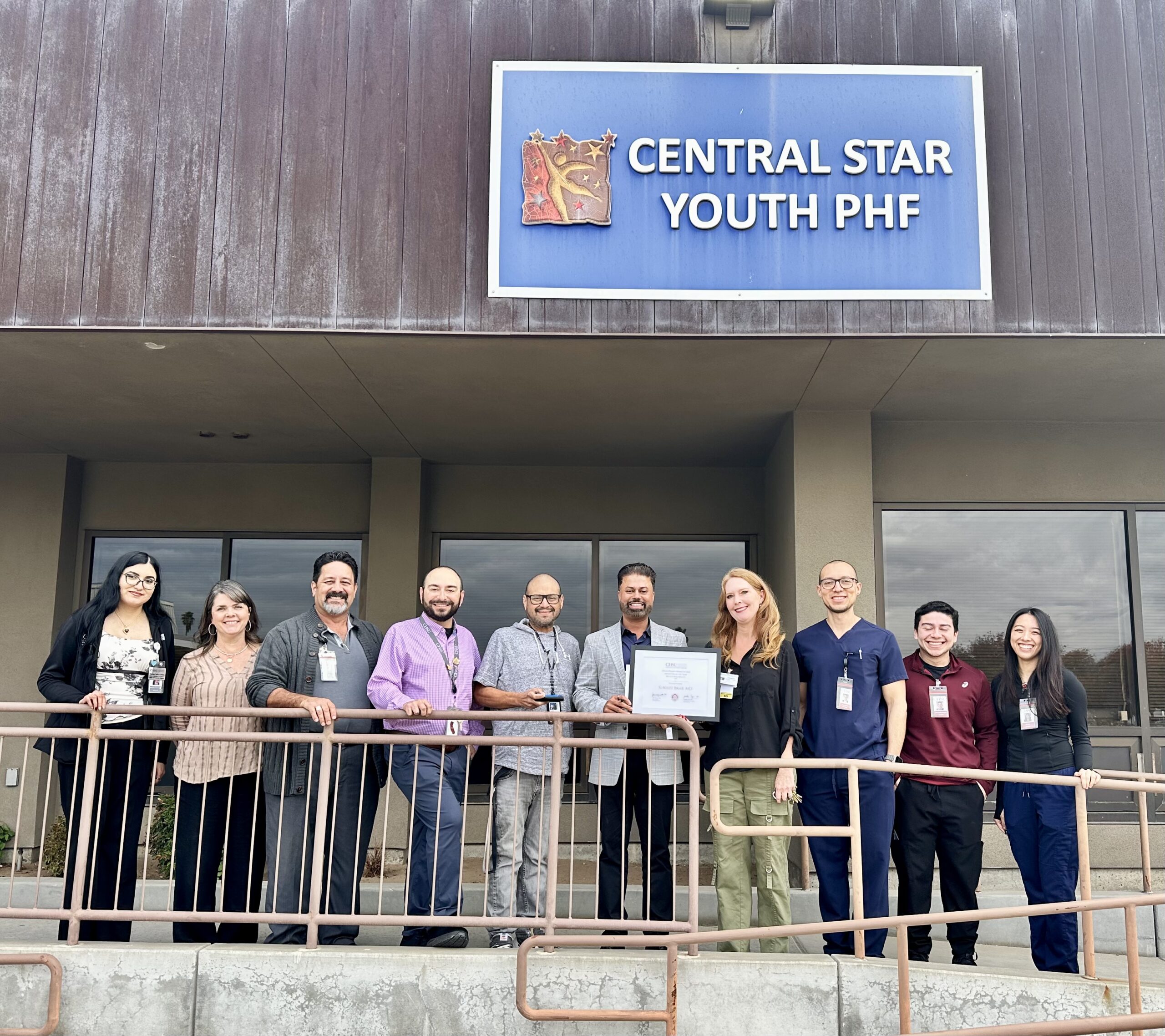
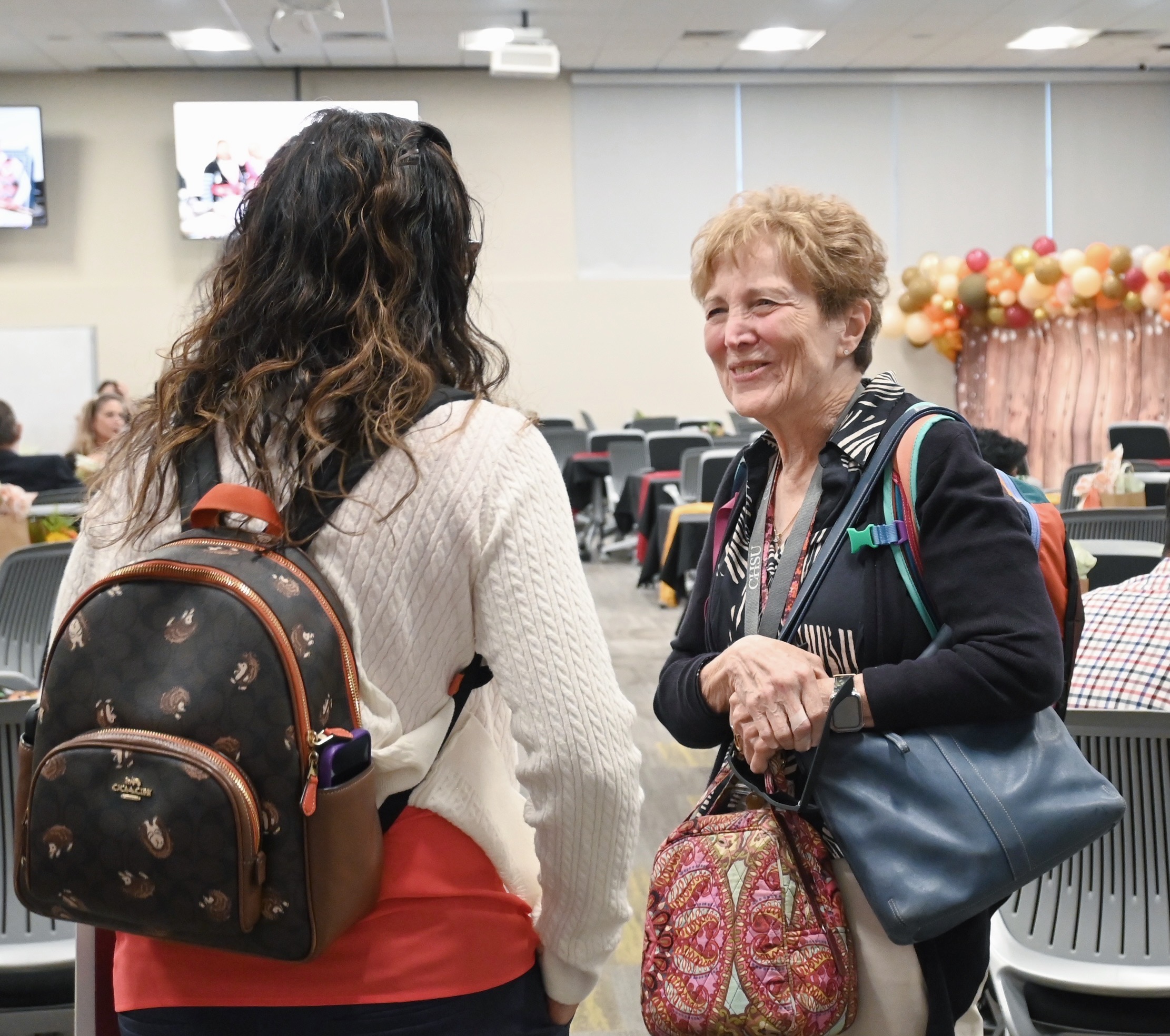
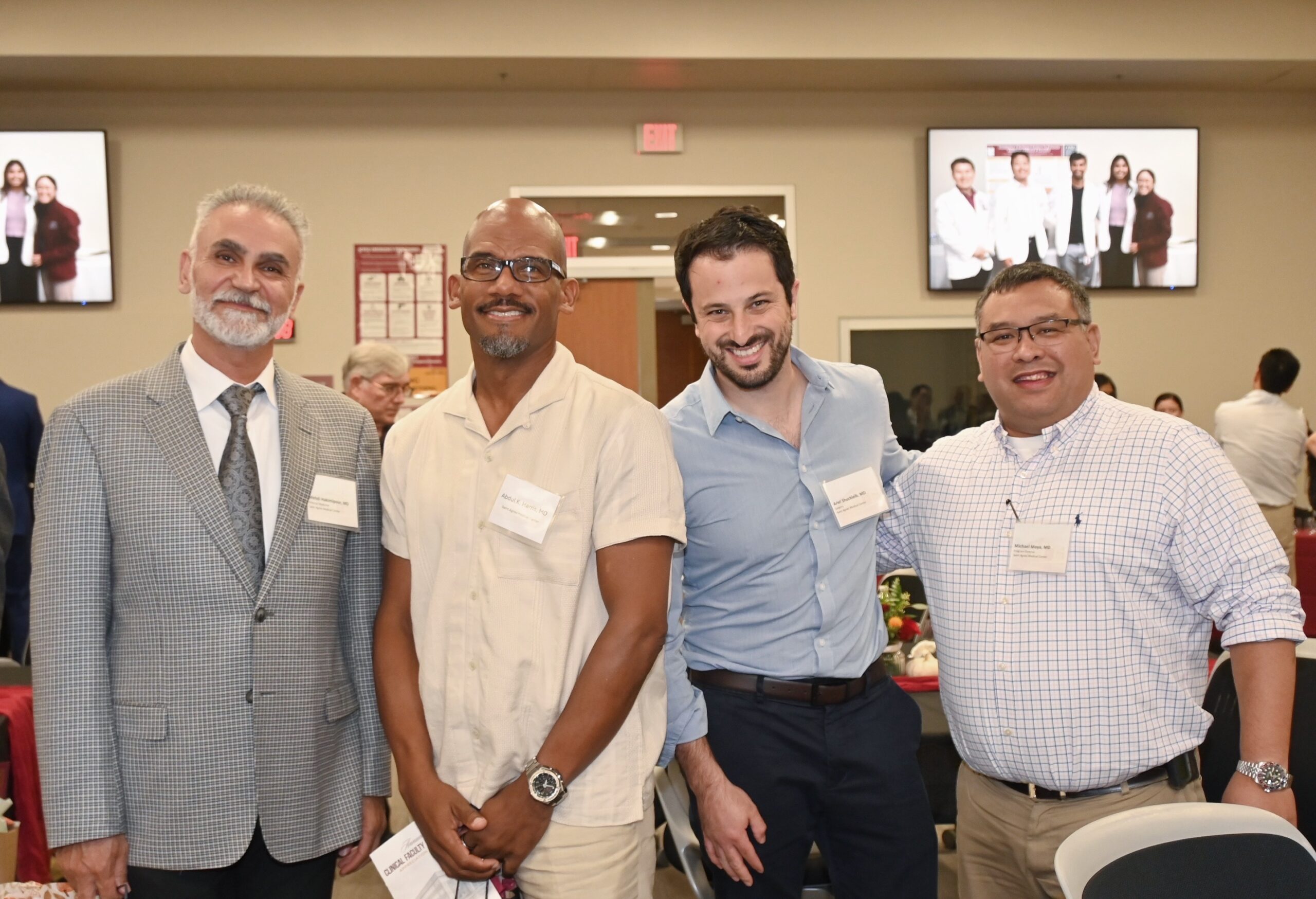
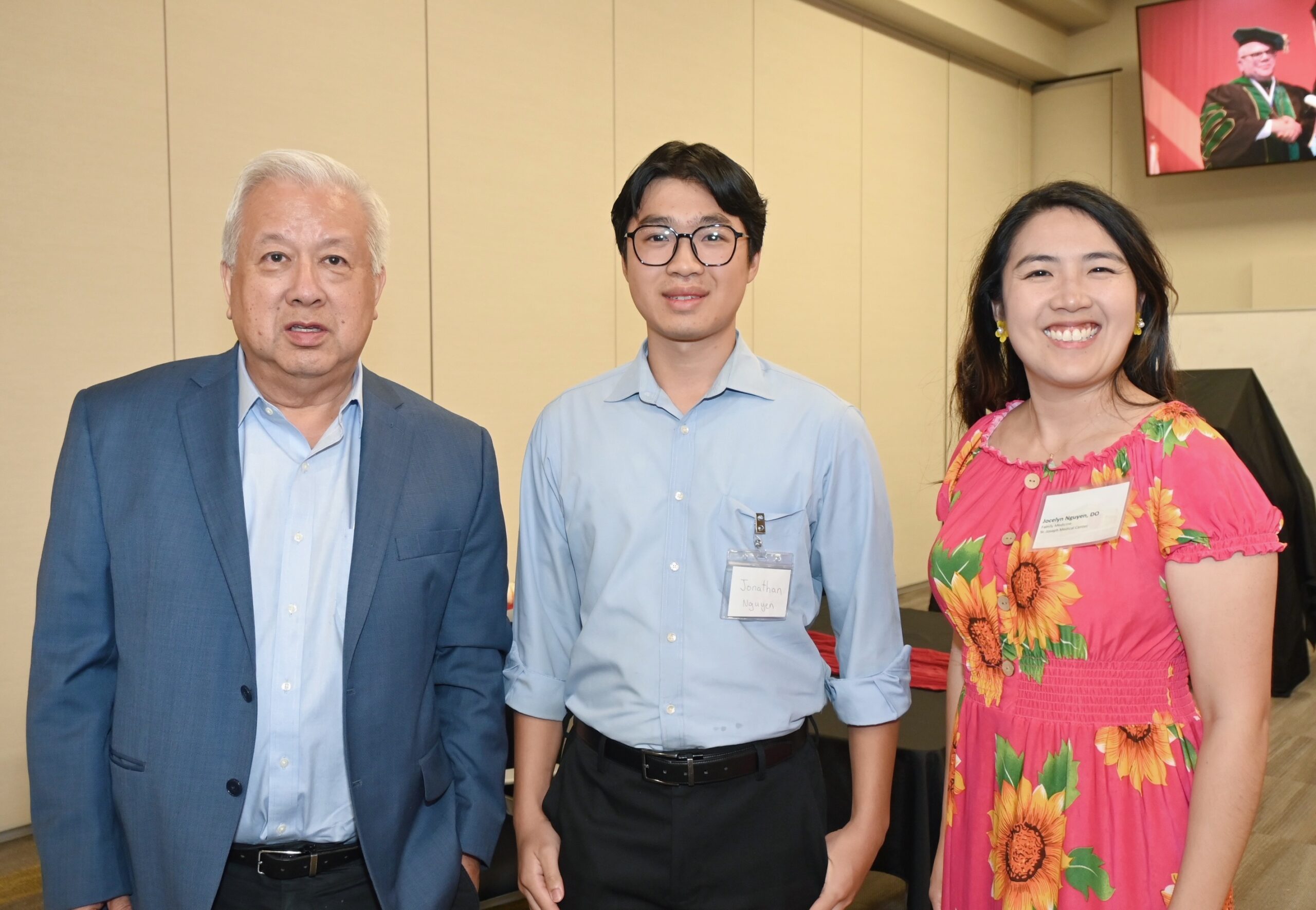
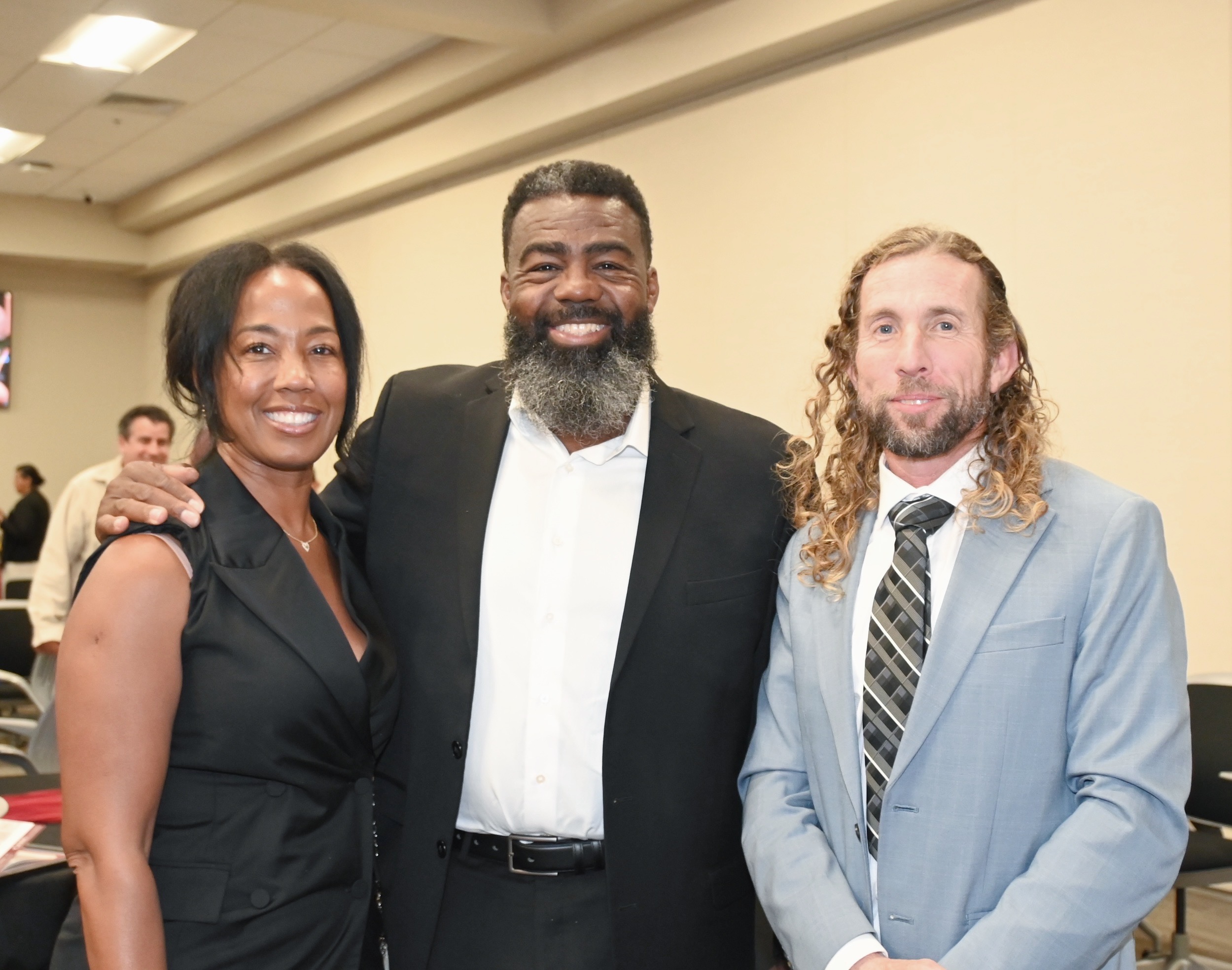
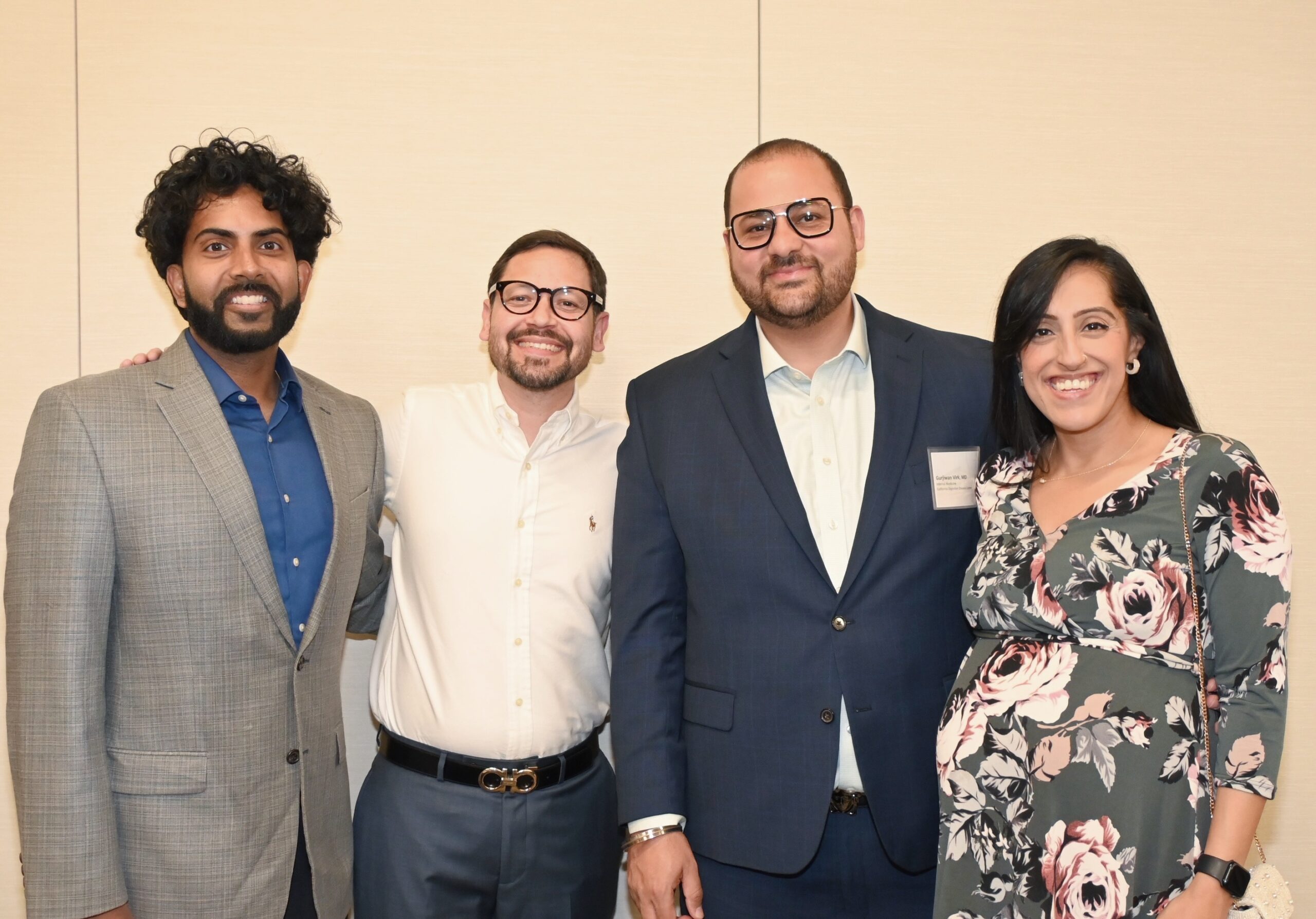
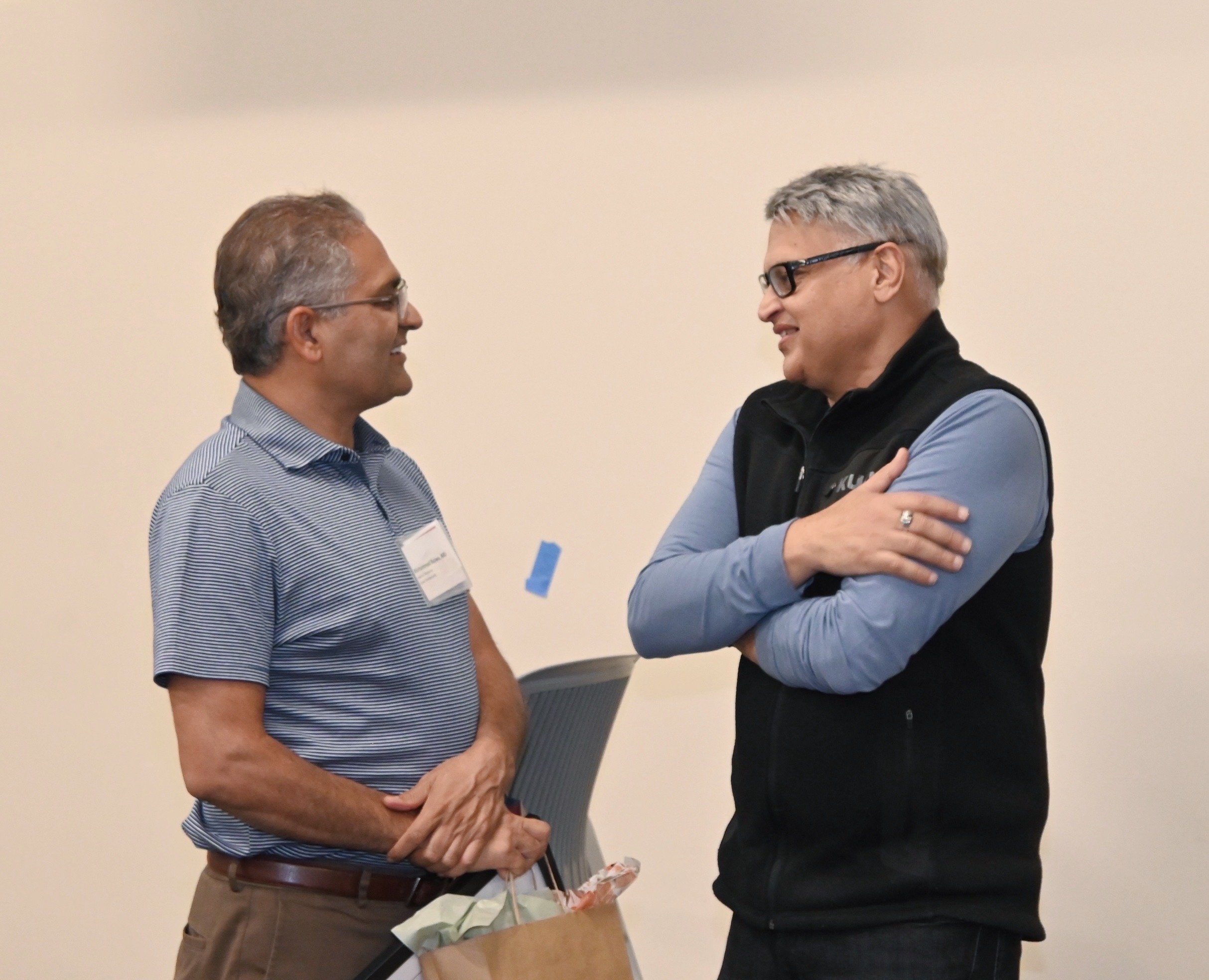
Clinical Faculty Preceptors support third- and fourth-year clinical training. By agreeing to supervise and mentor medical students, preceptors are shaping the next generation of providers. It is through a combination of office-based and hospital experiences that most of our students realize the “essence” of becoming a physician in the 21st century.
As such, they are heavily influenced by the passion, empathy and fortitude of their preceptors. Preceptors are mentors – a role which requires specific skills and functions.
Preceptor Duties
- Set expectations for students early in their rotation
- Provide ongoing feedback throughout the rotation
- Fill out evaluations and discuss them with students on the last day of their rotation
- Always be an exemplary and positive role-model (teach them about your specialty and the profession in and out of the office).
- To optimize the teaching/learning encounter with a CHSU COM medical student, preceptors are asked to carry-out the following functions:
- Orient student to the rotation and training site. Clearly identify specific service and personal expectations.
- Encourage office/ancillary care staff to be helpful and make student feel a part of the team.
- Complete a formal written evaluation of the student’s performance during the rotation and give formative feedback midway through rotation.
- Contact the Assistant Dean to discuss issues of concern and poor student performance.
Teaching Duties
- Serve as a mentor (experienced and prudent advisor) who assists the student in applying knowledge and building skills to problem-solve patient care.
- Provide a variety of patient cases and adequate patient volume.
- Challenge the student with deliberate and thoughtful questions.
- Allow the student to participate in patient management to a degree appropriate for the level of training.
- Provide written and verbal feedback to the student in a constructive and timely manner.
- Be available, on site, for assistance during all patient care activities.
- Share learning resources (texts, computers and educational programs if available) sufficient to increase student knowledge and productivity.
- Assign readings, literature searches, or medical information gathering pertinent to patient cases.
For more information about becoming a Clinical Faculty Preceptor visit our Community Clinical Education webpage and complete the Preceptor Interest Form online.